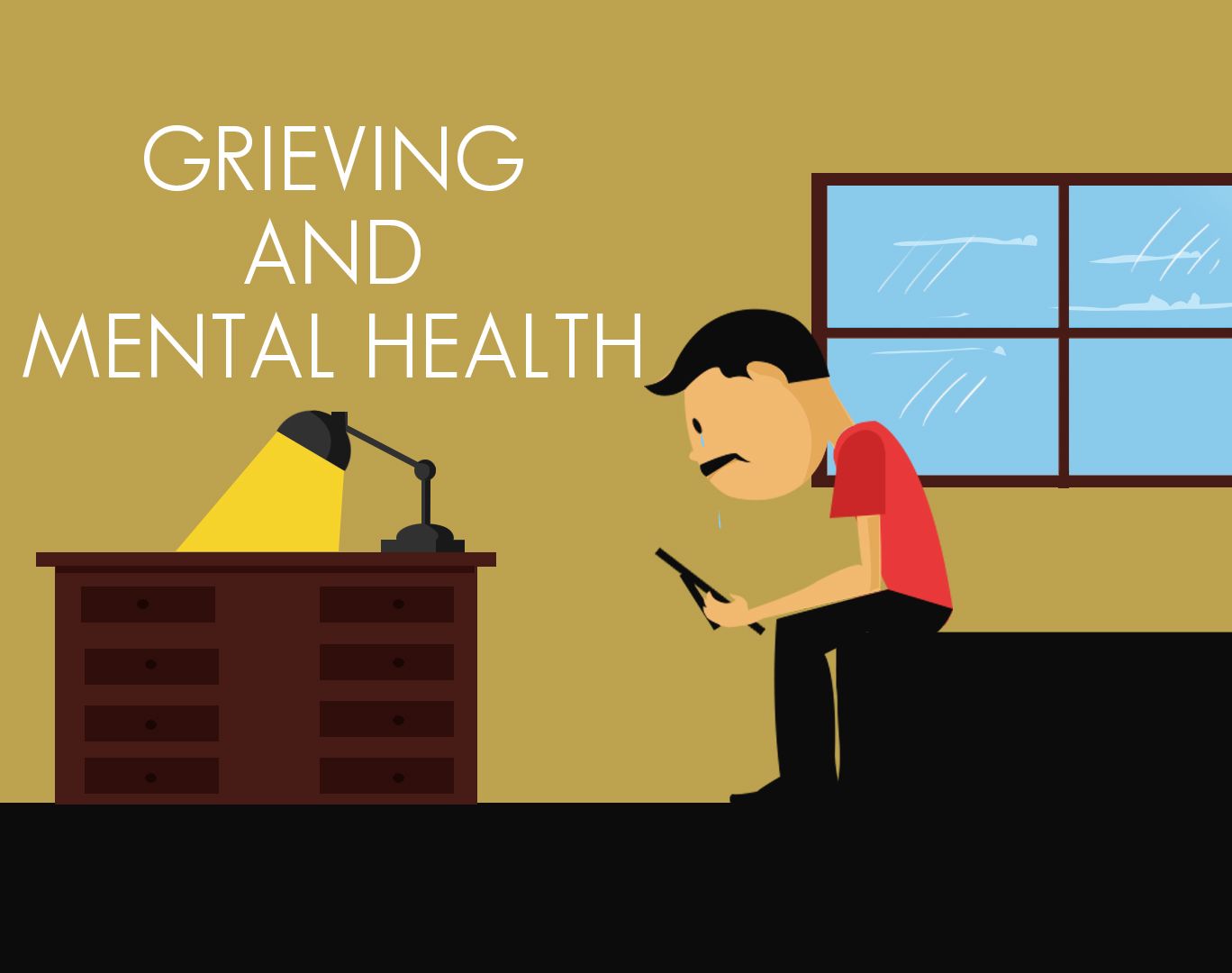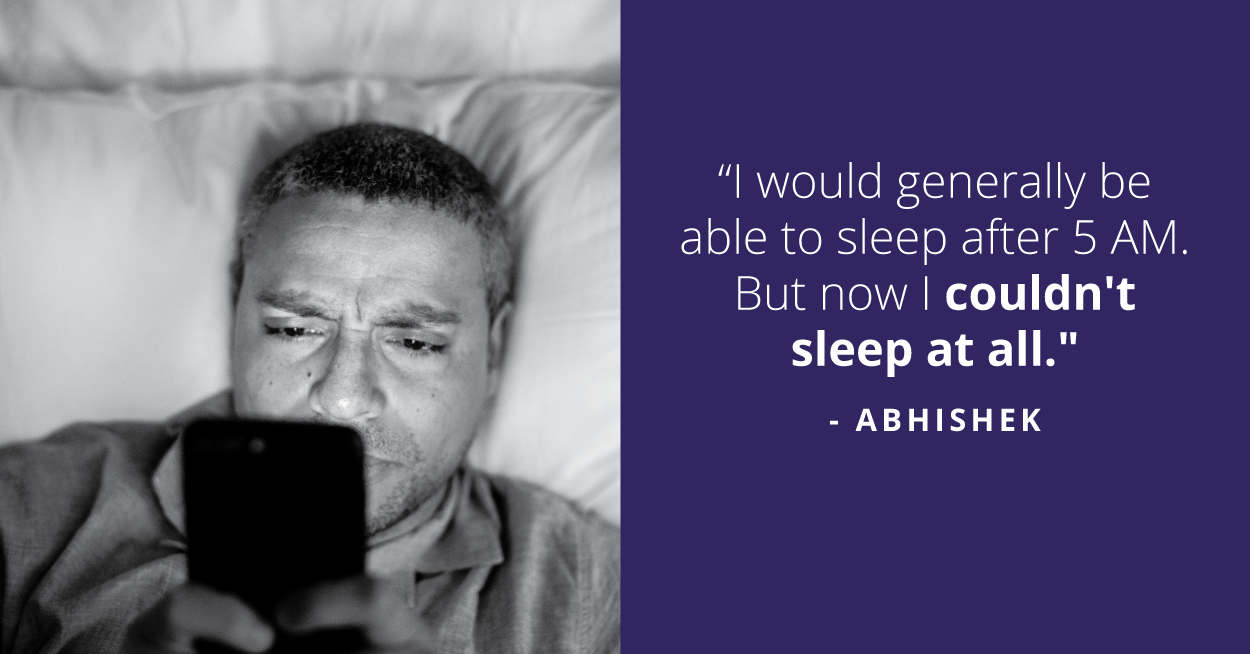Grief is, as if a different language; a language only those who have lost someone very important to them understand. I have a friend who lost her husband a few years ago. She described this feeling like it is a physical place. This unfamiliar landscape, it’s lonely she said, and dark; sometimes sucking her in like a quicksand, the other times making her feel exhausted like walking through a barren desert with no end in sight. And there is no way around this place, the only way is through it. And you do come out on the other side she told me, but never the same as before.
The loss of a loved one changes people in ways that are permanent, ways that are sometimes unrecognizable to their own self. It could make some discover the hitherto unrevealed meaning of life while for some it could mean an end of all meaning for the rest of the days they live.
We all love and are loved by significant people in our lives. Chances are, many of us will at one point or the other, experience the loss of a loved one. Ironically, despite the absolute finality of this event, no one can ever be prepared in the face of Grief, which when hits, can feel like being caught in the eye of a storm which will cause unthinkable and irreparable destruction before it passes on.
One often wonders, can there be a way to stay prepared, in case the storm hits unbeknownst to any of us. Or perhaps for those who already are dealing with the loss of a loved one, can they come out on the other side; uninjured, safe, and “normal”?
Although the process of grief does not have a quick fix, cultural beliefs sometimes come as a soft cushioning against a hard blow.
In every culture’s worldview is interwoven a belief system, which propounds a specific meaning of life and death. For example, the Hindu culture believes in life after death, and the soul leaving the body is equated with a person changing garments. Christians and even Muslims believe that death is a transition to a more glorious place. Some cultures also believe that the deceased family member turns into an angel and looks over you even after death. Such beliefs make death more bearable, offering a sense of stability and security to the person who is dealing with the loss.
Every culture has certain rituals and mourning ceremonies to help cope with death in a respectful manner. For example, Christian community members read out eulogies in the honor and memory of the loved one who just died. Hindus perform elaborate pujas to ensure the passing of the soul to the higher realms. Such ritualistic practices not only provide structure to the bereavement but also a way for the community to gather as a support to the grieving family. These ceremonies make us remember the value of our loved one who passed away, and also stop and take note that our hearts are heavy. They provide a buffer zone to put the needed time aside to mourn, heal and feel supported.
Grieving is painful, but it is necessary. Death can leave you feeling shocked, helpless, uncertain, fearful, mad, almost physically in pain, even paralyzed or frozen.
If the relationship with the deceased person was complex and unresolved, it can also make you feel excessively guilty or angry. The best you can do at the moment is acknowledge these feelings, and let yourself grieve.
Some people find solace in spending time with close family and friends, some write letters to themselves when they can find the energy; remembering the deceased in their own private way. There is no right or wrong way to go through this process.
While you wait to experience hope again, you can do a few things:
– Go out for a walk, even across the street is enough at this point.
– Do not try to forget if you can’t. Remember his/her memories and put it on paper – write, sketch, journal all the small things you remember about your loved one.
– If you feel to, talk about the loved one you lost with people you are close to. Do not hesitate to initiate as they may not always know how or what to say. You may even reach out to a counselor to navigate through your journey of grieving the loss.
– Make food s/he enjoyed and share it with others even if you don’t have the appetite for it.
– Cry like a child if you feel like it. But also, laugh without guilt if a light moment catches you on your way. Let the emotions flow naturally without filtering or controlling.
– Pray, get mad, question, doubt. These are all part of the process.
– You can not rush through grief. As the author Patty Davis writes, “All you can do is make sure there are lots of soft places around – beds, pillows, arms, laps.”
– Grief may come in cycles – some days may feel calm and quiet, the other days you may feel physically hit by the same intensity of grief as if losing the person all over again, and then again. But if you let time do its job, it will help build new memories, and store old memories in a safe place in your psyche, which you can access at your own will when you wish to celebrate the lost person’s value in your life.
As the eminent psychologist Carl Jung says, “Embrace your grief, for there, your soul will grow.”
Loss of a loved one is not an event one ‘gets over’, you learn to accept that the person will continue to live in your memories, that the feelings and the process will change you as a person, significantly and permanently, you can’t have it any other way, you may not even want to have it any other way.



